Find Help
More Items From Ergsy search
-
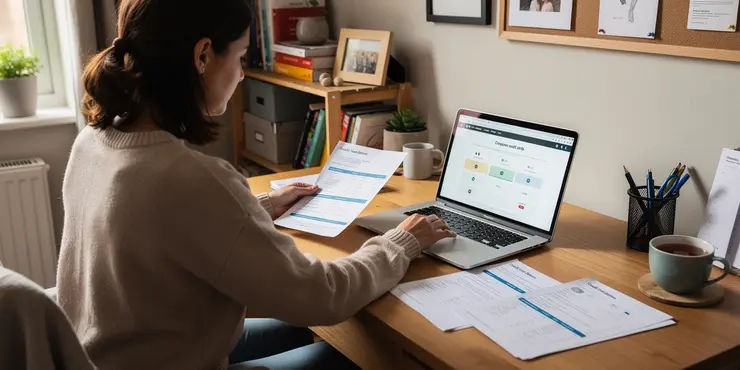
Credit Cards for Beginners Explained UK | Do's and Don't | Type of Cards
Relevance: 100%
-

Credit Cards for Beginners Explained UK | Do's and Don't | Type of Cards
Relevance: 94%
-
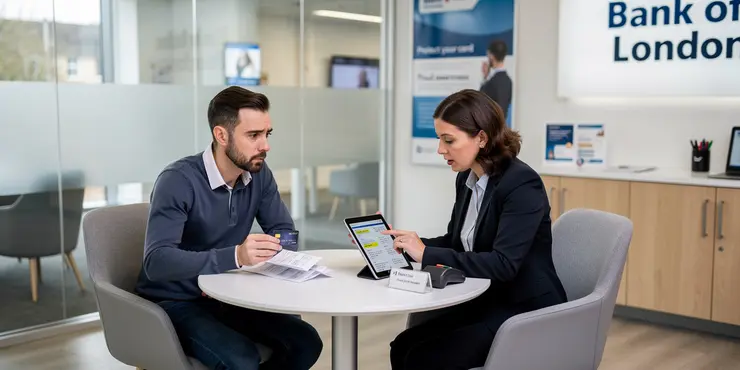
What is credit card fraud?
Relevance: 67%
-
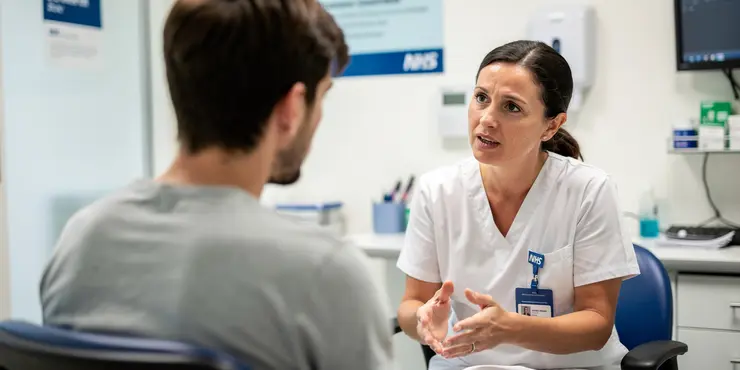
What is a cashback credit card?
Relevance: 67%
-
Is a cashback credit card right for me?
Relevance: 64%
-
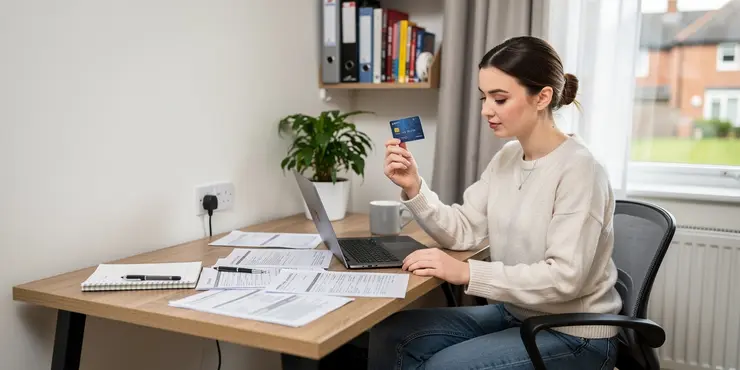
What is a Balance Transfer Credit Card?
Relevance: 63%
-
Will a cashback credit card help improve my credit score?
Relevance: 63%
-
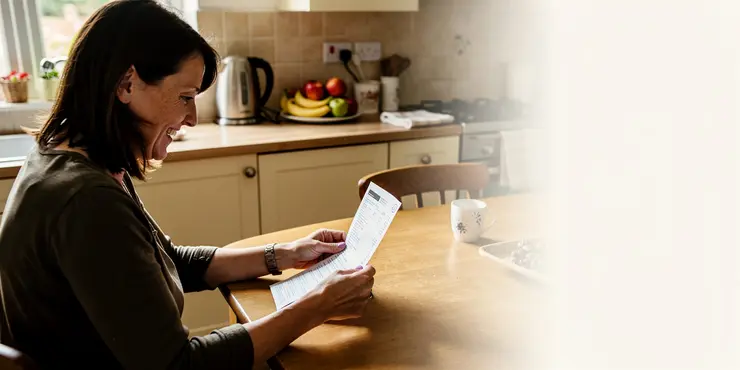
How does a cashback credit card work?
Relevance: 61%
-

What should I look for in a cashback credit card?
Relevance: 60%
-
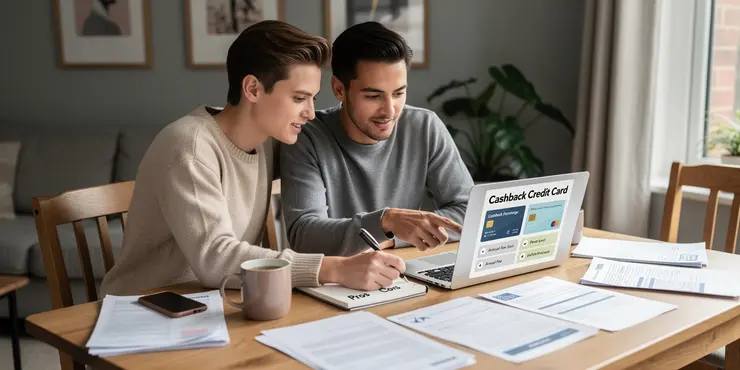
Are there any drawbacks to using a cashback credit card?
Relevance: 59%
-
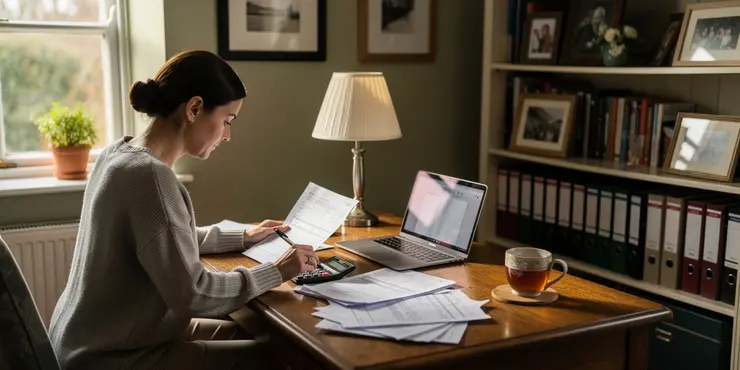
What are the benefits of a balance transfer credit card?
Relevance: 59%
-

Can I transfer cashback rewards to another credit card?
Relevance: 59%
-
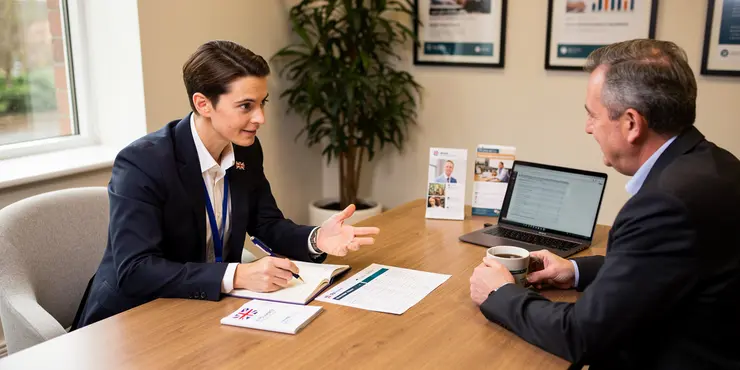
Can I transfer balances from any credit card?
Relevance: 58%
-

Can I transfer a balance from a loan to a credit card?
Relevance: 58%
-
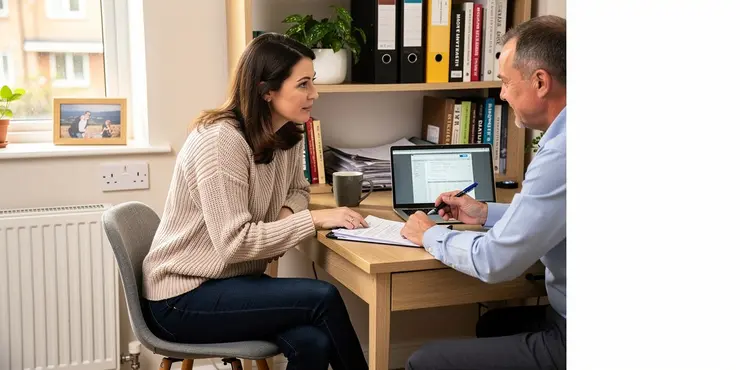
What is a good credit score to qualify for a balance transfer card?
Relevance: 57%
-
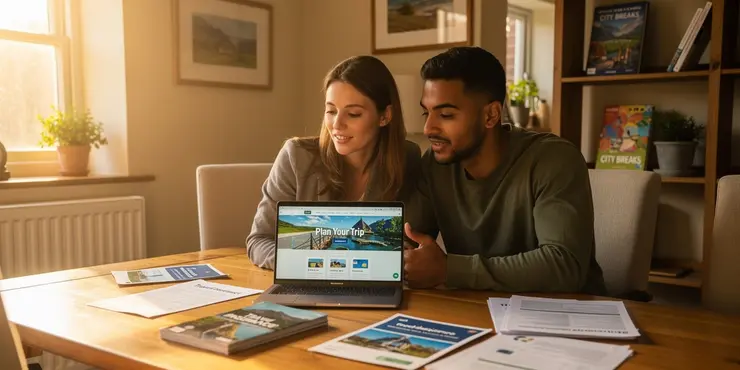
Is it necessary to have holiday insurance if I have a credit card with travel benefits?
Relevance: 54%
-
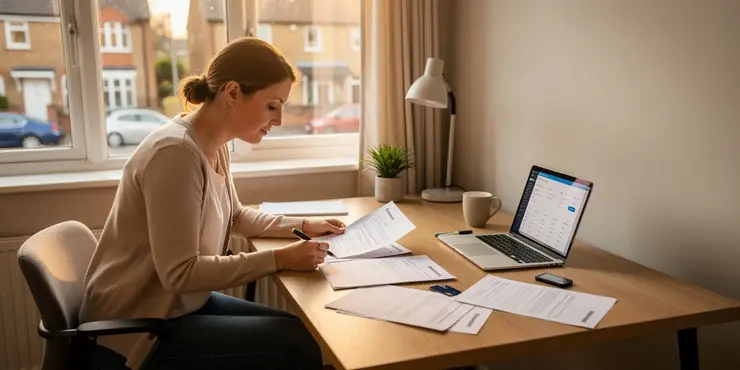
How do I apply for a balance transfer card?
Relevance: 51%
-
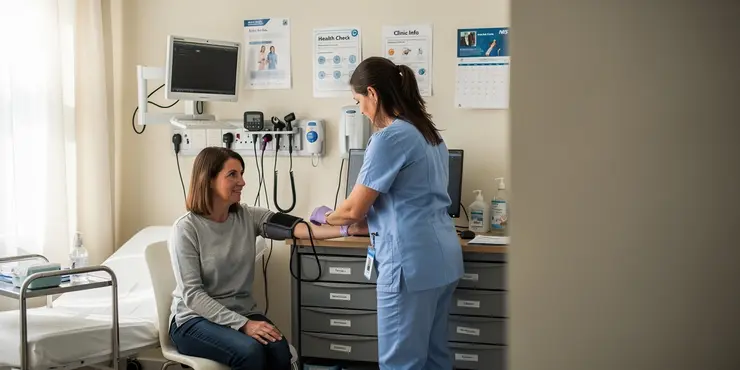
Can I transfer a balance to a card with no promotional offer?
Relevance: 49%
-

Can I use a balance transfer card for new purchases?
Relevance: 46%
-

What is the difference between flat-rate and tiered cashback cards?
Relevance: 46%
-
Do cashback credit cards offer sign-up bonuses?
Relevance: 46%
-
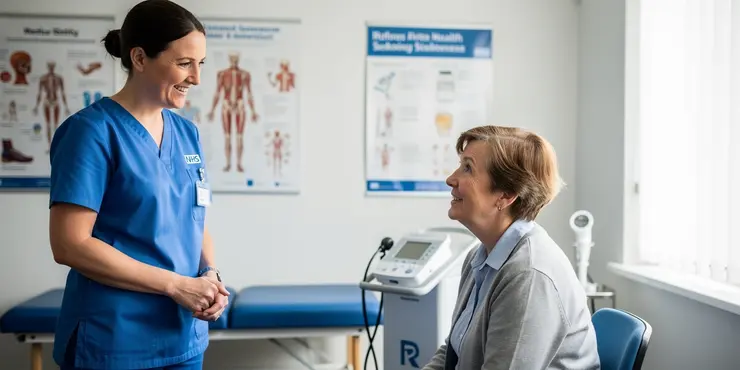
Can I use a cashback credit card abroad?
Relevance: 45%
-
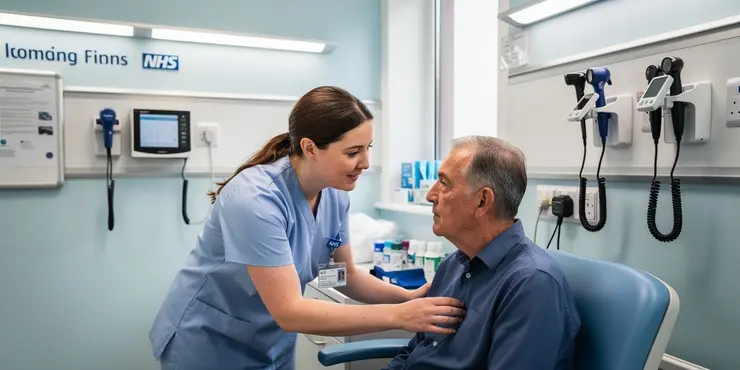
Is the physical card still valid after 2025?
Relevance: 44%
-
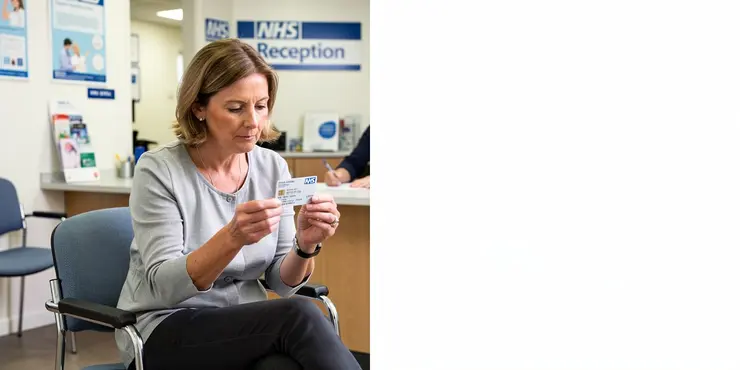
Can I use my EHIC card for medical treatment in the EU?
Relevance: 42%
-
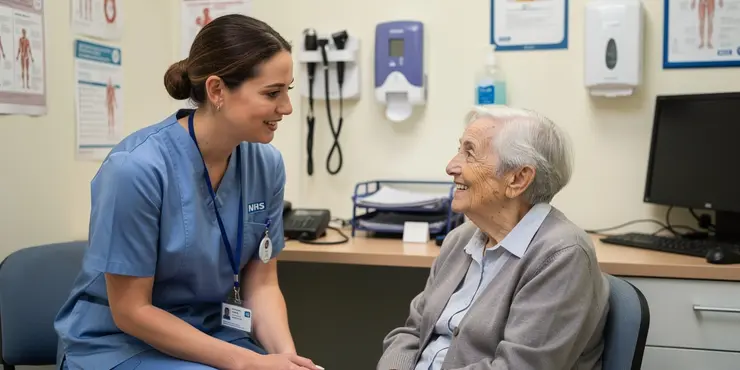
Is the EHIC or GHIC card still valid in France and Spain?
Relevance: 39%
-
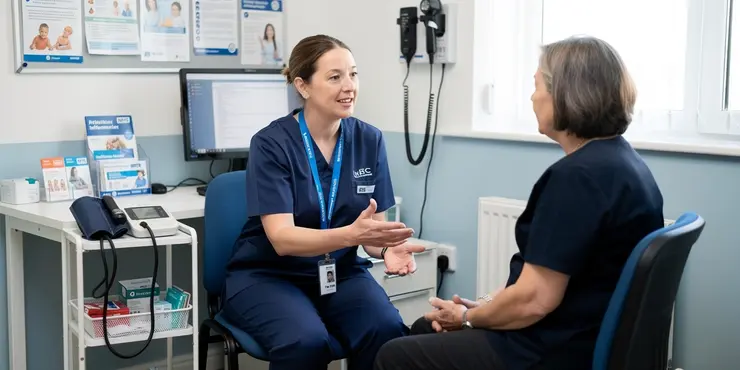
What is a balance transfer credit limit?
Relevance: 39%
-
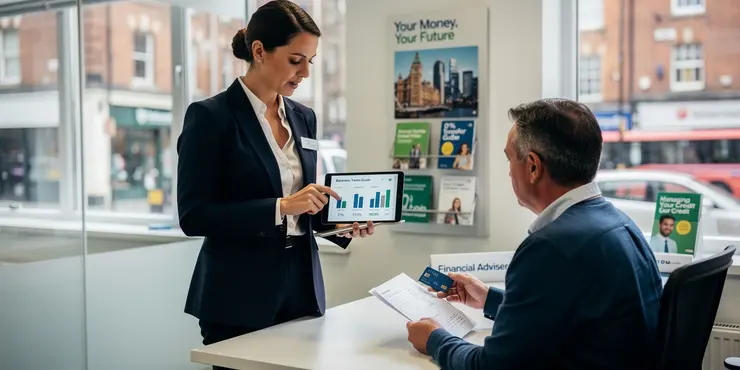
Will transferring a balance affect my credit score?
Relevance: 37%
-
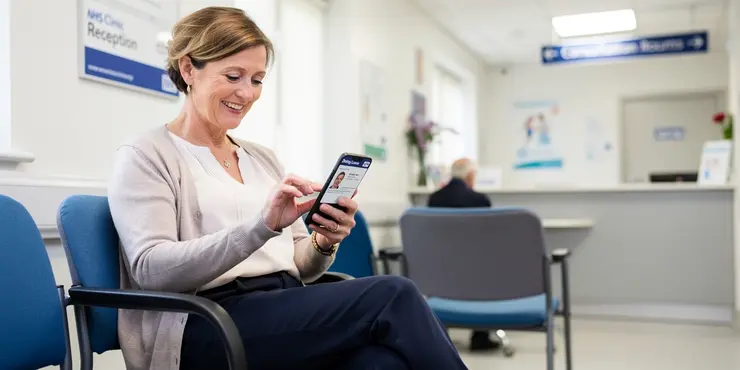
Will the digital driving license replace the physical card?
Relevance: 37%
-

Is Hyrox suitable for beginners?
Relevance: 32%
-
Is it suitable for beginners to try mixed exercises?
Relevance: 31%
-
Do cashback credit cards have annual fees?
Relevance: 30%
-
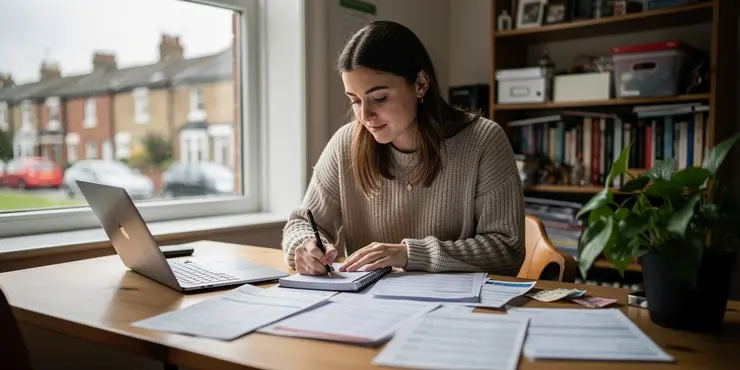
Is a balance transfer the right choice for me?
Relevance: 28%
-

Do I earn cashback on all purchases?
Relevance: 27%
-
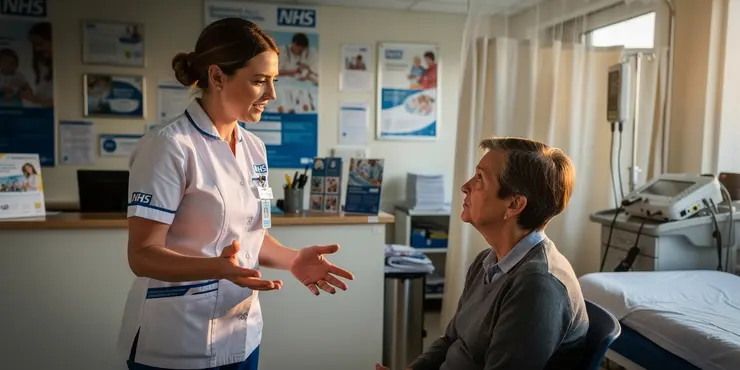
How can I maximize my cashback earnings?
Relevance: 26%
-
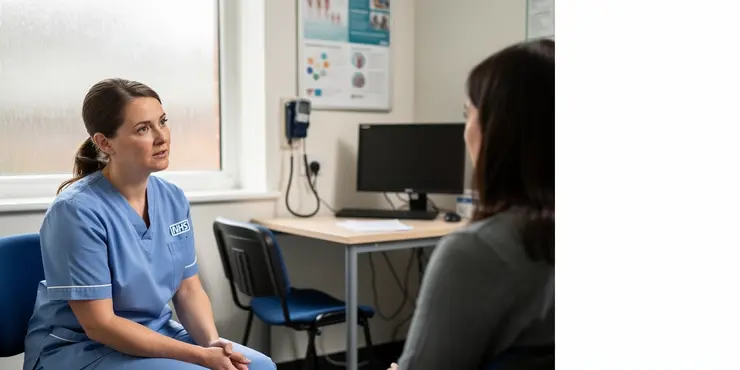
Are there any fees associated with balance transfers?
Relevance: 26%
-
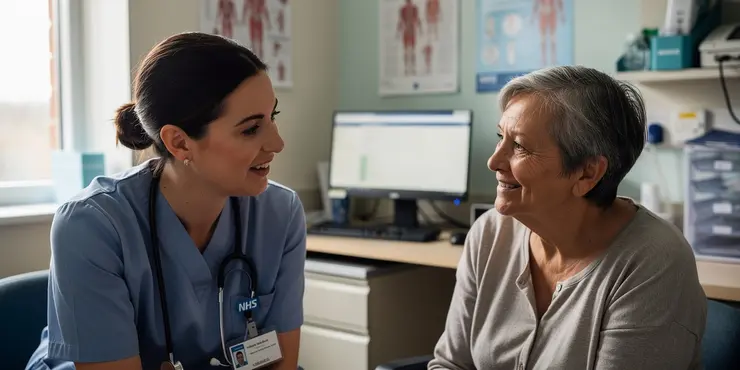
Is there a limit on how much cashback I can earn?
Relevance: 26%
-

How does a balance transfer work?
Relevance: 26%
-
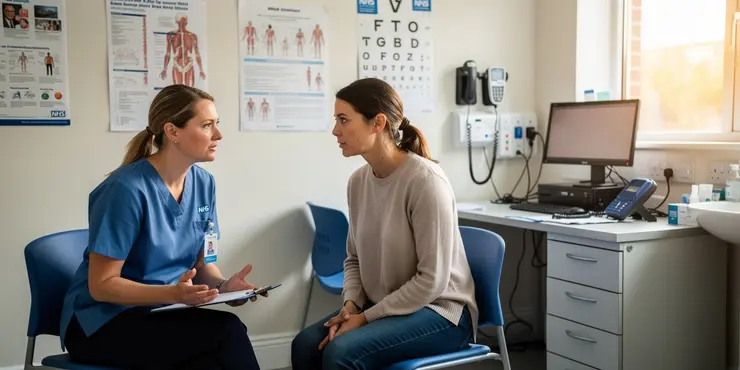
What is the typical duration of a promotional balance transfer offer?
Relevance: 26%
-
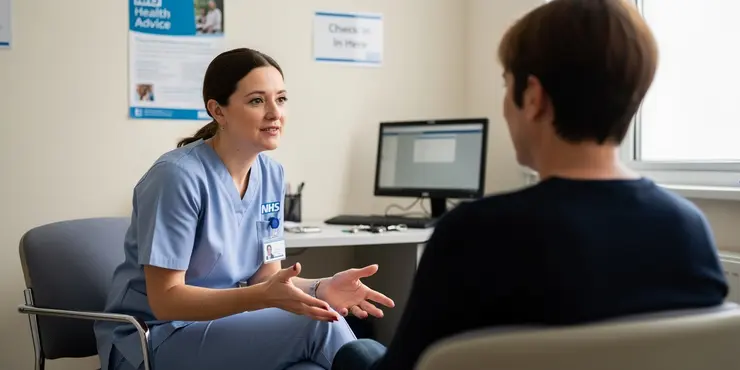
Do balance transfer offers apply to new purchases?
Relevance: 26%
-
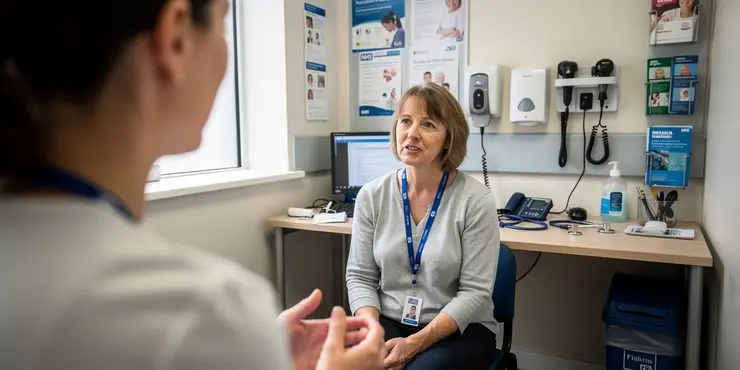
Can cashback rewards expire?
Relevance: 26%
Credit Cards for Beginners Explained UK
Understanding Credit Cards
A credit card is a financial tool that allows you to borrow money from a bank or lender to make purchases, up to a pre-approved credit limit. The borrowed amount, along with any interest, must be paid back either in full or through monthly installments. For beginners in the UK, understanding how credit cards work is essential for managing finances effectively and building a good credit score.
Types of Credit Cards
There are various types of credit cards available in the UK, each designed to meet different needs:
- Standard Credit Cards: These are basic cards offering a line of credit to be repaid monthly.
- Rewards Credit Cards: These cards offer points, cashback, or other rewards for purchases made.
- Balance Transfer Cards: Useful for transferring existing card debts with lower interest rates or 0% interest for a promotional period.
- Travel Credit Cards: Designed for travellers, offering benefits like no foreign transaction fees and travel insurance.
- Student Credit Cards: Tailored for students with limited credit history, usually with lower credit limits and rewards tailored to student lifestyles.
Do's and Don'ts of Using Credit Cards
Do’s:
- Pay on Time: Always pay your credit card bill on time to avoid interest charges and late fees.
- Pay More than the Minimum: If possible, pay more than the minimum amount to reduce your overall interest.
- Keep Track of Spendings: Monitor your expenses to stay within your budget and avoid overspending.
- Check Statements Regularly: Review your statements for any unauthorized transactions.
- Use Rewards Wisely: Make the most of any rewards or cashback offers.
Don’ts:
- Don’t Max Out Your Card: Keeping your credit utilization below 30% of your credit limit helps maintain a healthy credit score.
- Don’t Take Out Cash Advances: These often come with high fees and interest rates from the date of withdrawal.
- Don’t Ignore Your Credit Report: Regularly check your credit report for errors and dispute any inaccuracies.
- Don’t Apply for Too Many Cards: Multiple applications in a short period can negatively affect your credit score.
- Don’t Share Your PIN/Details: To prevent fraud, never share your credit card information or PIN with others.
Conclusion
For beginners in the UK, navigating credit cards can seem daunting, but with the right knowledge and responsible habits, they can be powerful tools for managing your finances, earning rewards, and building credit. Always remember to use credit wisely and stay informed about your card’s terms and benefits.
Credit Cards for Beginners Explained UK
Understanding Credit Cards
A credit card is a tool to help you spend money. It lets you borrow money from a bank to buy things. You can only borrow up to a certain limit, which is called a credit limit. You have to pay back the money you borrowed, sometimes with extra money called interest. It's important to know how credit cards work so you can spend your money wisely and have a good credit score.
Types of Credit Cards
In the UK, there are different types of credit cards, and each one is made for different needs:
- Standard Credit Cards: These are simple cards. You borrow money and pay it back each month.
- Rewards Credit Cards: These cards give you points or money back when you buy things.
- Balance Transfer Cards: These cards help you move money you owe from another card. They may have lower interest for a while.
- Travel Credit Cards: These cards are good if you travel. They can save you money on fees when using your card abroad.
- Student Credit Cards: These cards are for students who are new to credit. They usually have lower limits and rewards for student needs.
Do's and Don'ts of Using Credit Cards
Do’s:
- Pay on Time: Always pay your credit card bill on time to avoid paying more money in interest and late fees.
- Pay More than the Minimum: Try to pay more than the smallest amount you owe each month to save money on interest.
- Keep Track of Spendings: Watch what you spend to stay on budget and not spend too much.
- Check Statements Regularly: Look at your credit card bill often to make sure there are no mistakes.
- Use Rewards Wisely: Make good use of any rewards or cashback you earn.
Don’ts:
- Don’t Max Out Your Card: Try not to use more than 30% of your credit limit so your credit score stays good.
- Don’t Take Out Cash Advances: Don't take cash out using your credit card, as it costs a lot of fees.
- Don’t Ignore Your Credit Report: Check your credit report often for mistakes and correct them if needed.
- Don’t Apply for Too Many Cards: If you apply for many cards at once, it can hurt your credit score.
- Don’t Share Your PIN/Details: Keep your credit card details and PIN secret to stop fraud.
Conclusion
Learning about credit cards in the UK can feel hard at first. But, with good habits, they can help you manage your money well, earn rewards, and improve your credit. Always stay informed about how your card works and use it carefully.
Frequently Asked Questions
What is a credit card?
A credit card is a payment card issued by a financial institution that allows you to borrow funds to pay for goods and services. You are required to pay back the borrowed amount, usually with interest.
How do I apply for a credit card in the UK?
You can apply for a credit card directly through a bank's website, over the phone, or at a branch. You'll need to provide personal and financial information, and the bank will perform a credit check.
What are the different types of credit cards available in the UK?
Common types of credit cards include standard credit cards, balance transfer cards, rewards cards, cashback cards, and travel credit cards.
What is a balance transfer credit card?
A balance transfer credit card allows you to transfer existing debt from other credit cards to a new card, typically at a lower interest rate for a set period.
What are the benefits of using a credit card?
Benefits include building a credit history, protection on purchases, rewards or cashback, and the ability to spread the cost of larger purchases.
What does APR mean?
APR stands for Annual Percentage Rate. It represents the yearly cost of borrowing on a credit card, including interest and fees, expressed as a percentage.
What is a credit limit?
A credit limit is the maximum amount of money you can borrow using your credit card.
How should I choose a credit card?
Consider your spending habits, the card’s interest rates, fees, rewards, and whether you need it for balance transfers, cashback, or travel benefits.
How do I avoid paying interest on my credit card?
Pay your full credit card balance by the due date each month. This way, you can avoid interest charges and maintain good credit health.
What should I do if I miss a payment?
If you miss a payment, try to pay as soon as possible. Contact your card issuer to explain the situation, and they may assist with late payment fees and interest.
What are the risks associated with credit cards?
Risks include accumulating high-interest debt, damaging your credit score by missing payments, and the potential for fraud or theft.
How can I improve my credit score using a credit card?
Maintain low balances, make payments on time, and avoid applying for multiple credit cards at once to improve your credit score.
What is a minimum payment?
The minimum payment is the smallest amount you are required to pay each month on your credit card bill to keep your account in good standing.
Can I use my UK credit card abroad?
Yes, most UK credit cards can be used abroad, but check for foreign transaction fees and ensure your card network is widely accepted at your destination.
What should I do if my credit card is lost or stolen?
Immediately contact your card issuer to report the loss or theft. They will deactivate the card and issue a replacement to prevent unauthorized transactions.
What is a credit card?
A credit card is a small plastic card. You can use it to buy things. When you buy something with a credit card, you promise to pay later.
If you have trouble reading, ask someone to help you. You can also use a dictionary to understand new words.
A credit card is a type of card you use to pay for things. It's like borrowing money from the bank or another company to buy stuff. You have to pay back the money later, and sometimes you pay extra money called interest.
How can I get a credit card in the UK?
Here is how you can ask for a credit card in a simple way:
- Choose a credit card that you like. Make sure it has things you want, like low fees and rewards.
- Go online to the bank or shop's website where you want the credit card.
- Click on "Apply" or "Get a card".
- Fill out the form with your name, address, and other personal details.
- Check your details are correct before you submit the form.
- Wait to see if you are approved. They will let you know if you can have the card.
Tools and tips that can help:
- Ask someone you trust to help you read the forms.
- Use a computer or phone with a talking feature that reads text aloud.
- Double-check what you have written before you send it.
You can get a credit card in three ways: online on a bank's website, by calling the bank, or by going to a bank branch.
To apply, you need to give them some information about yourself and your money. The bank will check your credit score.
What kinds of credit cards can you get in the UK?
Credit cards are like special cards you can use to buy things. Later, you pay back the money you spent. In the UK, there are different kinds of credit cards. Here are some examples:
- Rewards Cards: These cards give you points or rewards when you buy things. You can use the points for gifts or travel.
- Balance Transfer Cards: These cards help you move money you owe from another card. Often, they have lower fees at first.
- Cashback Cards: These cards give you some money back every time you spend.
- Travel Cards: These cards are good to use when you go on holiday abroad. They have special offers for travel spending.
- Student Cards: These cards are made for students. They have smaller limits and help you build a credit history.
When you pick a credit card, think about what you will use it for. Use websites that compare cards to help you choose. If you need help, ask a family member or a friend.
There are different types of credit cards. Here are some of them:
- Regular credit cards
- Balance transfer cards
- Rewards cards
- Cashback cards
- Travel credit cards
If you find reading hard, try using a ruler or your finger to follow the words. This can help you read more easily.
What is a balance transfer credit card?
A balance transfer credit card is a card that helps you pay off other cards. You move the money you owe from one card to this new card. It can save you money by having a lower interest rate.
Here are some tips:
- Read the terms to know how much you will pay.
- Use online calculators to see how much you save.
- Ask someone to help you read the details.
A balance transfer credit card lets you move money you owe from other credit cards to a new card. Usually, the new card has a lower interest rate for a certain time.
Why is using a credit card good?
Benefits of credit cards:
- Helps you build a credit score.
- Keeps your buys safe.
- Gives you rewards or money back.
- Lets you pay for big things over time.
Tools or Tips:
- Use simple budgeting apps to track spending.
- Set reminders for due dates to avoid late fees.
What does APR mean?
APR means "Annual Percentage Rate." It shows how much it costs to borrow money in one year.
If you see APR on a loan or credit card, it tells you how much extra you will pay back in a year.
Helpful tools:
- Ask a friend or family member to explain any tricky parts.
- Use a calculator to help with numbers.
APR means Annual Percentage Rate. It shows how much it costs to borrow money on a credit card in one year. It includes interest and fees as a percentage.
What is a credit limit?
A credit limit is the most money you can borrow from a bank or credit card. It's like a borrowing cap, so you know not to spend too much. Remember to be careful and try not to use all of your credit limit. It’s good to pay back what you borrow on time.
If you need help with reading, you can ask someone to read it to you. You can also use apps that read text out loud or make the words bigger.
A credit limit is the most money you can borrow with your credit card.
How do I pick a credit card?
Picking a credit card can be simple! Here are some tips:
- Think about what you need. Do you want to travel more? Or maybe save money when you shop?
- Check the fees. Some cards charge you money each year.
- Look for rewards. Some cards give you points or money back when you use them.
- Ask for help if you need it. A friend or family member might know a good card.
Using tools like simple money apps can help you compare cards. Always read the big important details before you say yes.
Think about how you spend your money. Look at the card's interest rates and fees. See if it gives rewards like points or cashback. Do you want to use it for moving money you owe, getting money back, or for travel perks?
How can I stop paying extra money on my credit card?
If you have a credit card, you might have to pay extra money called interest. Here is how to stop that:
Pay the full amount: Try to pay all the money you owe before the due date every month. This way, you won’t pay interest.
Set reminders: Use a phone alarm or calendar to remind you to pay your bill on time.
Use budget apps: Apps like Goodbudget can help you plan and save money.
Ask for help: Talk to someone you trust or call your bank if you need help.
Pay the whole credit card bill on time every month. This helps you not pay extra money and keeps your credit score good.
What to Do If I Miss a Payment?
Here is what you can do if you miss paying for something:
- Stay Calm: It's okay. You can fix it.
- Check Your Records: Look at your bills and find out which one you missed.
- Call the Company: Talk to them about the missed payment. They might be able to help.
- Make the Payment: Pay the bill as soon as you can. Ask if there is an extra fee.
- Change Reminders: Use a calendar or an alarm to help you remember next time.
It helps to write things down or ask someone you trust for help. You can use a calculator or an app to keep track of payments.
If you forget to pay, try to pay quickly. Call your bank to tell them why you missed it. They might help you with extra fees and charges.
What are the dangers of using credit cards?
Credit cards can be helpful, but they can also be risky. Here are some dangers to watch out for:
- Spending Too Much: It's easy to buy more than you can afford.
- High Interest: If you don't pay all the money back, you might have to pay extra money called interest.
- Late Fees: If you don't pay on time, you might have to pay a penalty fee.
- Debt Trouble: Owing too much money can cause stress and money problems.
If you have trouble reading, you can use tools to help, like:
- Reading Apps: Apps can read text aloud to you.
- Highlighting: Use a ruler or finger to follow the words as you read.
Risks include getting debt that grows quickly, hurting your credit score if you miss payments, and the chance of fraud or theft.
How can I make my credit score better with a credit card?
A credit score is a number that shows how good you are at paying back money. A higher number is better.
Here are some easy steps to help you use a credit card to make your credit score better:
- Pay on time: Always pay your credit card bill when it is due. This shows you are good at paying back money.
- Don't spend too much: Try not to use all the money on your credit card. Using less than half is good.
- Keep old cards: Even if you don't use an old credit card, keeping it open can be good for your score.
- Check your bills: Look at your credit card bill closely. Make sure everything is right.
- Ask for help: If you have trouble, talk to someone at the bank. They can help you.
These steps can help you make your credit score better over time!
Keep your credit card balance low, pay your bills on time, and don't ask for many new credit cards at the same time. This will help make your credit score better.
What is a minimum payment?
A minimum payment is the smallest amount of money you need to pay on your bill each month.
It is important to pay this amount so you do not get charged extra money.
If you can, try to pay more than the minimum to lower your bill faster.
Here are some tips to help:
- Set a reminder to pay your bills on time.
- Use a calendar to mark the due dates.
- Ask someone for help if you do not understand the bill.
The minimum payment is the smallest amount of money you have to pay each month on your credit card bill. This keeps your account in good shape.
To help, you can:
- Set reminders to pay on time.
- Use online banking to make payments easier.
- Ask someone you trust for help if you need it.
Can I use my UK credit card in another country?
Yes, you can use your UK credit card in other countries.
Here are some tips to help you:
- Tell your bank before you travel. This helps them know your card is not stolen.
- Check if there are extra fees for using your card in another country.
- Use a currency conversion app on your phone. It helps you know how much you are spending.
- If you need help, ask someone you trust or a bank worker.
Using your credit card can be easy and safe if you follow these steps.
Yes, you can use most UK credit cards in other countries. But check if there are extra charges for using your card abroad. Also, make sure the places you visit accept your type of credit card.
What to do if your credit card is lost or stolen?
If you can’t find your credit card, don’t worry. Here are some steps to help:
- Tell the bank right away. They can stop anyone from using your card.
- The bank might give you a new card.
- Check your bank account to make sure there are no strange charges.
- Change your passwords if you use them for shopping.
If you need help, ask a family member or friend. You can also call the bank. They will help you.
If your card is lost or stolen, tell your card company right away. They will stop the card so no one can use it and send you a new one.
Useful Links
This website offers general information and is not a substitute for professional advice.
Always seek guidance from qualified professionals.
If you have any medical concerns or need urgent help, contact a healthcare professional or emergency services immediately.
Some of this content was generated with AI assistance. We’ve done our best to keep it accurate, helpful, and human-friendly.
- Ergsy carfully checks the information in the videos we provide here.
- Videos shown by Youtube after a video has completed, have NOT been reviewed by ERGSY.
- To view, click the arrow in centre of video.
- Most of the videos you find here will have subtitles and/or closed captions available.
- You may need to turn these on, and choose your preferred language.
- Go to the video you'd like to watch.
- If closed captions (CC) are available, settings will be visible on the bottom right of the video player.
- To turn on Captions, click settings .
- To turn off Captions, click settings again.
More Items From Ergsy search
-

Credit Cards for Beginners Explained UK | Do's and Don't | Type of Cards
Relevance: 100%
-

Credit Cards for Beginners Explained UK | Do's and Don't | Type of Cards
Relevance: 94%
-

What is credit card fraud?
Relevance: 67%
-

What is a cashback credit card?
Relevance: 67%
-
Is a cashback credit card right for me?
Relevance: 64%
-

What is a Balance Transfer Credit Card?
Relevance: 63%
-
Will a cashback credit card help improve my credit score?
Relevance: 63%
-

How does a cashback credit card work?
Relevance: 61%
-

What should I look for in a cashback credit card?
Relevance: 60%
-

Are there any drawbacks to using a cashback credit card?
Relevance: 59%
-

What are the benefits of a balance transfer credit card?
Relevance: 59%
-

Can I transfer cashback rewards to another credit card?
Relevance: 59%
-

Can I transfer balances from any credit card?
Relevance: 58%
-

Can I transfer a balance from a loan to a credit card?
Relevance: 58%
-

What is a good credit score to qualify for a balance transfer card?
Relevance: 57%
-

Is it necessary to have holiday insurance if I have a credit card with travel benefits?
Relevance: 54%
-

How do I apply for a balance transfer card?
Relevance: 51%
-

Can I transfer a balance to a card with no promotional offer?
Relevance: 49%
-

Can I use a balance transfer card for new purchases?
Relevance: 46%
-

What is the difference between flat-rate and tiered cashback cards?
Relevance: 46%
-
Do cashback credit cards offer sign-up bonuses?
Relevance: 46%
-

Can I use a cashback credit card abroad?
Relevance: 45%
-

Is the physical card still valid after 2025?
Relevance: 44%
-

Can I use my EHIC card for medical treatment in the EU?
Relevance: 42%
-

Is the EHIC or GHIC card still valid in France and Spain?
Relevance: 39%
-

What is a balance transfer credit limit?
Relevance: 39%
-

Will transferring a balance affect my credit score?
Relevance: 37%
-

Will the digital driving license replace the physical card?
Relevance: 37%
-

Is Hyrox suitable for beginners?
Relevance: 32%
-
Is it suitable for beginners to try mixed exercises?
Relevance: 31%
-
Do cashback credit cards have annual fees?
Relevance: 30%
-

Is a balance transfer the right choice for me?
Relevance: 28%
-

Do I earn cashback on all purchases?
Relevance: 27%
-

How can I maximize my cashback earnings?
Relevance: 26%
-

Are there any fees associated with balance transfers?
Relevance: 26%
-

Is there a limit on how much cashback I can earn?
Relevance: 26%
-

How does a balance transfer work?
Relevance: 26%
-

What is the typical duration of a promotional balance transfer offer?
Relevance: 26%
-

Do balance transfer offers apply to new purchases?
Relevance: 26%
-

Can cashback rewards expire?
Relevance: 26%


